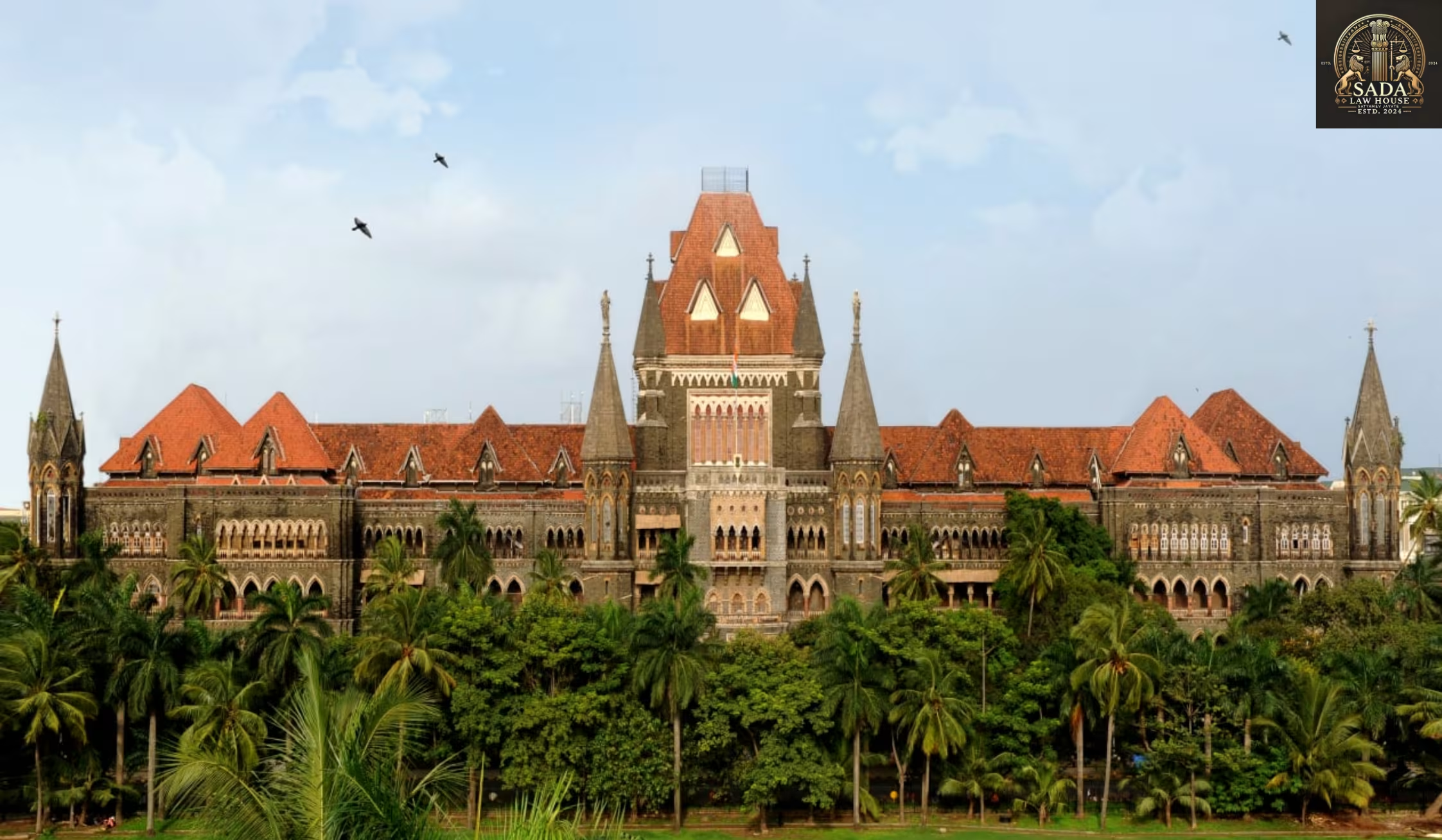Supreme Court Urges BCI to Mandate AIBE Status in Vakalatnamas for Lawyers Enrolled After 2010
- MAHI SINHA
- 07 May 2025

The Supreme Court of India urges the Bar Council of India to mandate that advocates enrolled after 2010 disclose their All India Bar Examination (AIBE) status in vakalatnamas, aiming for transparency and better regulation in legal practice.
Supreme Court Calls for Greater Transparency in Legal Documentation
On May 6, 2025, the Supreme Court of India advised the Bar Council of India (BCI) to implement a clear regulation requiring that advocates enrolled after 2010 indicate in their vakalatnama whether they have passed the All India Bar Examination (AIBE).
The recommendation was made during proceedings where the apex court emphasized the need for better transparency and accountability in the legal profession, particularly in relation to the qualification status of advocates.
CJI Sanjiv Khanna Suggests AIBE Mention in Vakalatnamas
Chief Justice of India Sanjiv Khanna questioned why the AIBE qualification was not already being included in vakalatnamas. He stated:
“Why don’t you establish a rule requiring that every vakalatnama mention the enrolment number? If the enrolment is after 2010, then let it be mentioned that AIBE is passed.”
This suggestion aims to simplify the verification of an advocate’s eligibility to practice law, especially for those enrolled post-2010, the year when the AIBE was made mandatory.
Context: The Bonni Foi Law College Case
This discussion took place during the hearing of a Miscellaneous Application filed by the Bar Council of India in the Bonni Foi Law College case. In this case, a five-judge bench had earlier upheld the mandatory nature of AIBE for practicing advocates in India.
The bench included:
CJI Sanjiv Khanna
Their deliberation reflects the judiciary’s growing concern about the standard of legal practice and the mechanisms for ensuring that only qualified individuals represent clients in court.
Final-Year Law Students Allowed to Take AIBE
As a progressive step, the Supreme Court had earlier allowed final-year law students to appear for the AIBE, easing the transition from legal education to legal practice. This move was seen as a way to streamline the process while maintaining the integrity of the profession.
Conclusion
The Supreme Court’s recommendation to include AIBE status in vakalatnamas could bring a much-needed reform in legal documentation and transparency. If implemented by the Bar Council of India, this rule would help clients and courts easily identify whether an advocate is duly qualified to practice law in India.






